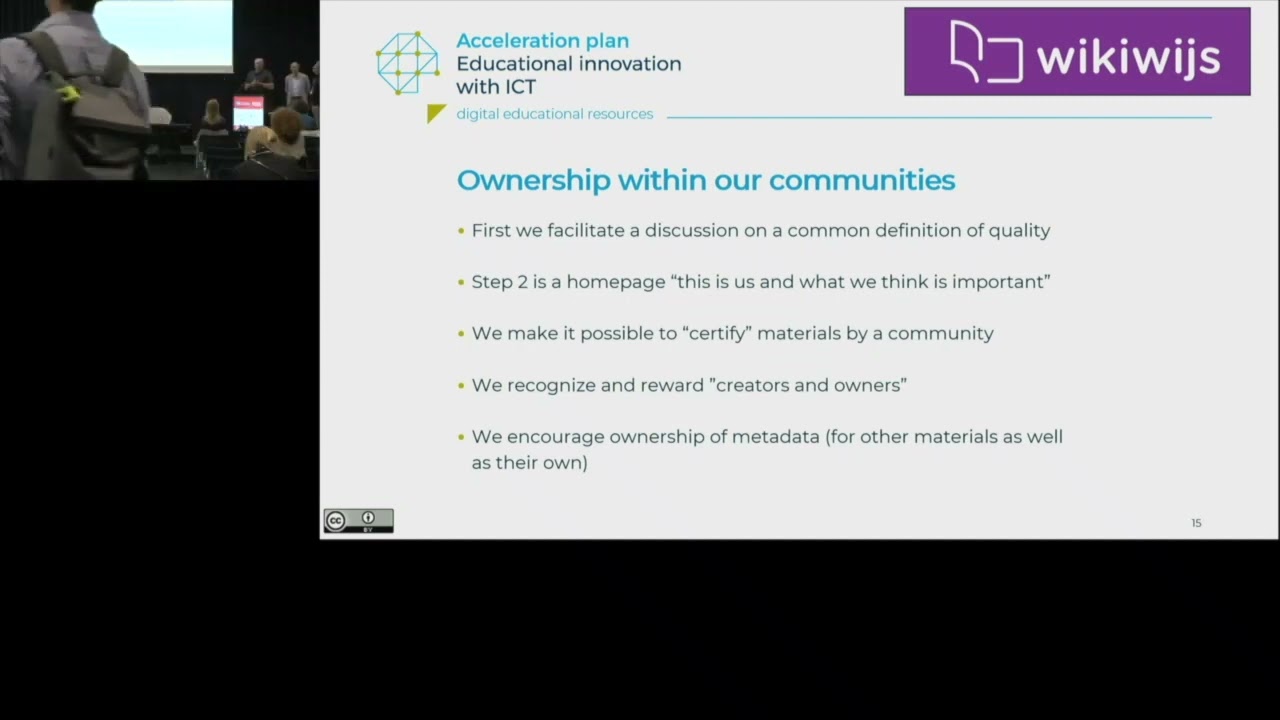In a time when a lot of energy is spent on launching new OER initiatives there is often a lot of enthusiasm for starting something, but quite often less attention is given to the question “how do we make this last”. Or in other words, how can we make this initiative sustainable? Sustainability is often defined as the ability of a project to continue its activities beyond the project phase. Of course, the idea of continuation is a crucial part of the meaning of sustainability. A number of business models focus on this point (Downes, 2007; De Langen, 2013; Tlili et al, 2020). However, there is a much more important aspect to the issue of sustainability, namely the question of why an OER project is being undertaken: what do we ultimately want to achieve with adoption of OER? Therefore, a view on sustainability should have a broader approach than simply the financial aspect.
That is in line with (Downes, 2007) and (De Langen, 2013), but they mainly focus on the viability of the projects themselves. We want to include the context of the projects: who is doing it and why? What are the goals and the strategy to achieve the goals? Is OER part of a short- or long term perspective on open education?
In this session we will provide perspectives on this topic through the lens of considering OER as public goods.
Info
![]() Presented by:: Robert Schuwer, Ben Janssen, Jan-Bart de Vreede
Presented by:: Robert Schuwer, Ben Janssen, Jan-Bart de Vreede
![]() Conference Track: Plenary: OER Sustainability
Conference Track: Plenary: OER Sustainability
![]() Track Date/Time: 2022-05-25T09:40:00Z (your local time)
Track Date/Time: 2022-05-25T09:40:00Z (your local time)
![]() Language: English
Language: English
![]() Pretalx link: Some thoughts about sustainable OER. It’s all about ownership! :: Open Education Global 2022 :: pretalx
Pretalx link: Some thoughts about sustainable OER. It’s all about ownership! :: Open Education Global 2022 :: pretalx
Watch Recording
Participate
Authors are asked to reply below with links to presentation materials, videos, and other relevant resources, as well as posting prompts for discussion.
Conference participants can reply below with questions, comments for the presenters or to share related resources. And please add anything relevant from this session as an annotation to a specific part of the UNESCO OER Recommendation.
